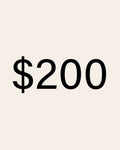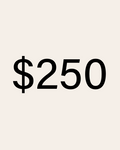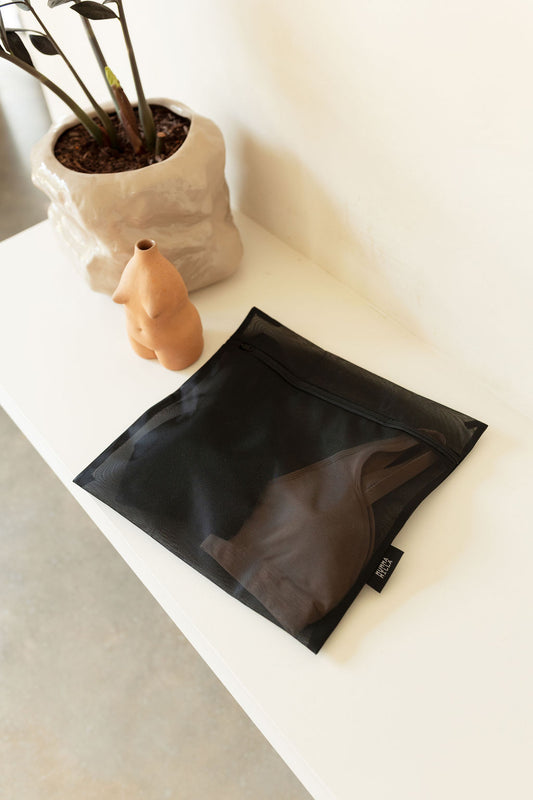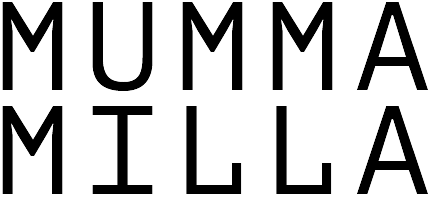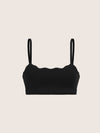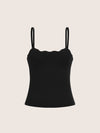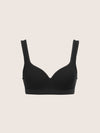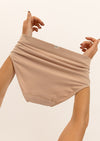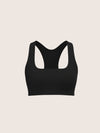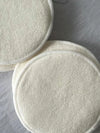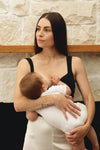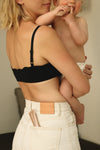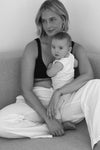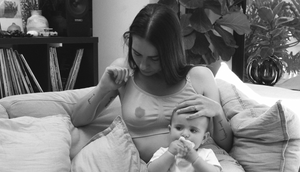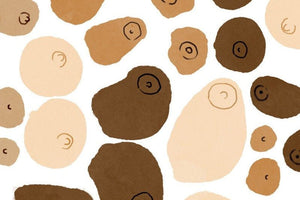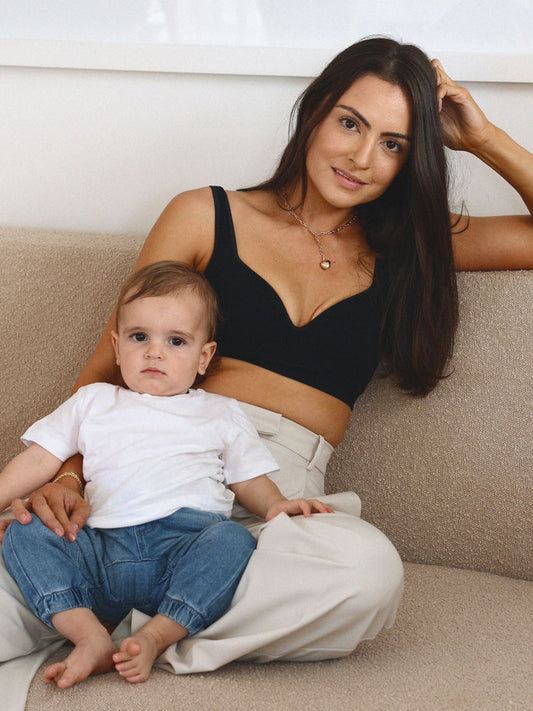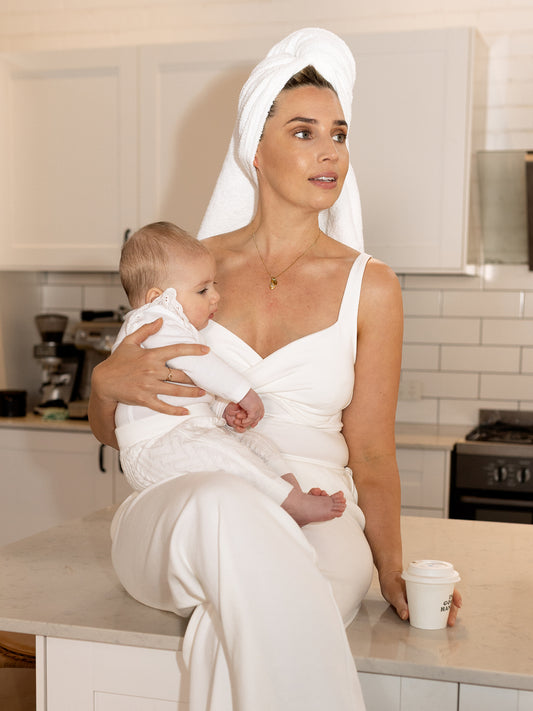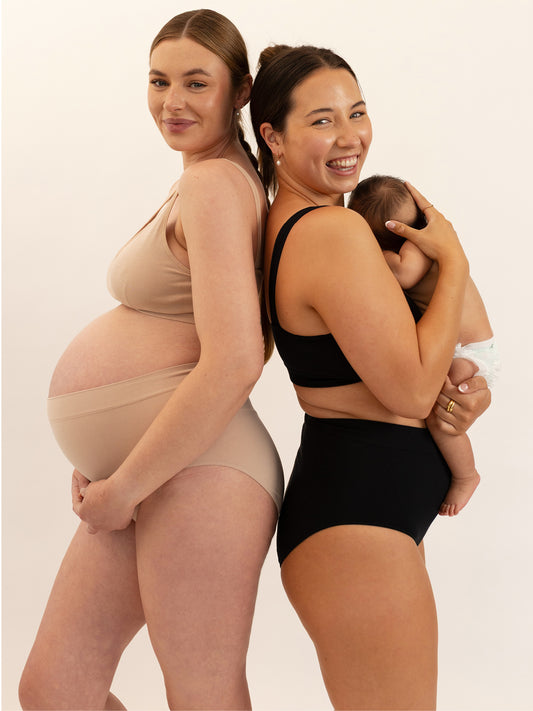“Commonly, breastfeeding is not easy; at least to start with. Whilst there is a lot of instinct at play for both mother and baby, it is also a learnt skill for you both!”
- Dr. Eliza Hannam.
We’ve put together some breastfeeding tips + advice from experts in the baby and parenting space
1. Dr. Eliza Hannam
Perinatal GP - Possums NDC - IBCLC
@nurturedmedical
2. Bonnie Forbes
Neonatal Nurse + Lactation Consultant
@mammasherelactation
3. Joelleen Winduss Paye
IBCLC Lactaction Consultant, Midwife, Naturopath
@jwp.ibclc
How Often To Breastfeed?
“After birth and the first feed, baby may be sleepy and rest for several hours.
After baby wakes, it is important to feed her on demand and to her baby’s
feeding cues. This can be 8-12 times or so in 24 hrs.” - Bonnie Forbes
Is My Baby Getting Enough Milk?
“Reassuring signs that generally suggest a baby is getting
enough milk include:
- Waking for and demanding feeds regularly (typically 8-12 times in 24 hours
for young babies)
- Having periods of the day when they are content and awake, and
some periods when they sleep well after a feed (though they might do
this best in the arms of a parent!)
- Having 6-8 clear wee nappies in a day
- Having 2-3 mustard soft poos per day for the first 4-6 weeks
(after this it can vary considerably for breastfed babies)
Gaining weight appropriately: typically, breast fed babies should gain
approx 120-240g per week, for the first 3-4 months (this will vary week
to week and depend on where the baby is on the growth chart)."
- Dr. Eliza Hannam
Go With Baby’s Cues
“Don’t delay breastfeeding a baby who seems hungry or interested until it has been a certain amount of time since their last feed, for example 3 hours.
Of course there are some babies/ dyads who only need to feed 3-4 hourly,
but many young breastfed babies will need to feed more often than this, especially in the day – commonly up to 12 times in 24 hours.
Spacing feeds can potentially negatively impact breastfeeding.
It can reduce breastmilk supply if the breasts are not emptied frequently enough and it can also mean that the baby doesn’t get as much milk as they need.” - Dr. Eliza Hannam
Cluster Feeding
“I have also really surprised myself just how much I have surrendered to
on demand feeding.
The newborn phase feels a little crazy with how unpredictable the feeding times can be, but I feel good when I just lean into it, it feels really organic and natural listening to my baby and my body.” - Joelleen Winduss Paye
